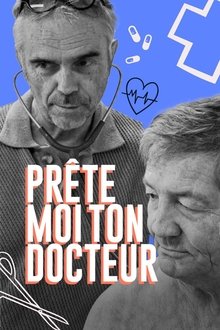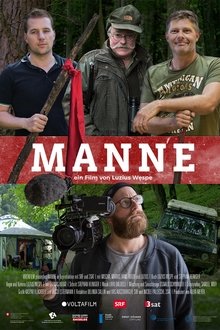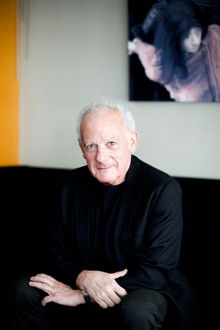Heleno has a disease unknown to most of the population. In the course of their suffocating routine, situations arise that defy the usual in society. But is it really Heleno's illness that prevents him from adapting to the world?
Related Movies

Land Without Bread (1933)
An exploration —manipulated and staged— of life in Las Hurdes, in the province of Cáceres, in Extremadura, Spain, as it was in 1932. Insalubrity, misery and lack of opportunities provoke the emigration of young people and the solitude of those who remain in the desolation of one of the poorest and least developed Spanish regions at that time.
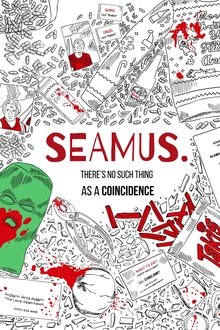
SEAMUS. Now, Then and Before (2024)
An intertwining story of coincidence and closure. Now, then and before the "death" of his YouTube partner and best friend, Seamus tries to come to terms with his new predicament and create a final video for the channel, a sendoff to the last five years of friendship.

They Saw the Sun First (2020)
A genre-bending documentary using dance and physicality to explore themes of youthfulness, fear, regret and aging. The star of the show is New York. The perspectives of elderly citizens of NYC are interpreted physically by a younger generation. The words come from real-life interviews recorded with a diverse selection of aging New Yorkers.

3rd Reich Mothers, in the Name of the Master Race (2012)
Two beautiful and different girls, Alice and Lisette are 17 years old, when forcibly removed from their Alsatian family to cooperate in the war effort in Germany. After spending six months in a indoctrination camp, they are both sent to a munitions factory where they are tasked to perform inhuman works. An explosion erupts, they are suspected of sabotage and threatened with being sent to a boot camp. Alice and Lisette believe they saved when transferred to a maternity where they continue living the hell of war.

To Die For (1995)
Suzanne Stone wants to be a world-famous news anchor and she is willing to do anything to get what she wants. What she lacks in intelligence, she makes up for in cold determination and diabolical wiles. As she pursues her goal with relentless focus, she is forced to destroy anything and anyone that may stand in her way, regardless of the ultimate cost or means necessary.
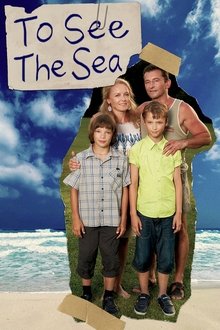
To See the Sea (2014)
As preteen, aspiring filmmaker Tomas trains his new camera’s lens on his own world, shocking family secrets around him come into sharp focus.

The Bloody Way of Ehraman (2021)
A film crew travels out to a village in Anatolia to shoot a movie. But after each were affected by a dream they saw, the remaining four team members decide to stay and investigate the incident.
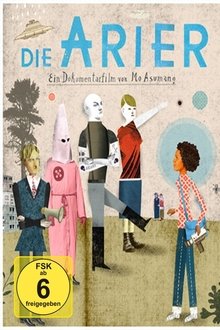
The Aryans (2014)
THE ARYANS is Mo Asumang's personal journey into the madness of racism during which she meets German neo-Nazis, the US leading racist, the notorious Tom Metzger and Ku Klux Klan members in the alarming twilight of the Midwest. In The ARYANS Mo questions the completely wrong interpretation of "Aryanism" - a phenomenon of the tall, blond and blue-eyed master race.
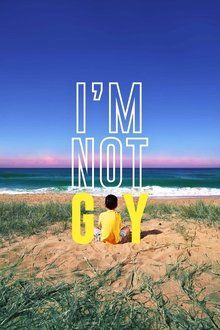
I'm Not Gay (2023)
A conflicted gay man struggles to teach his younger self about the challenges of adult life. Searching for answers inside stories from his past, he must confront his nature and the man he will become. Documentary meets musical feature in this experimental coming of age drama about power and masculinity in modern day Australia.

Mona & Parviz (2021)
Two employees of the immigration office pay Mona an unannounced visit to check on the marital relationship between her and her husband Parviz - who is not to be found.

Punky Night at Hinton St. George (1977)
Children parade through the streets of Hinton St George in Somerset on the last Thursday of October. Children have hollowed out pumpkins or mangelwurzels, a type of animal fodder turnip to make lanterns following a tradition in this part of West Somerset that coincides with Halloween. Punky or Punkie Night is thought to date from the turn of the 20th century or perhaps medieval times chanting rhymes and following a Punkie King and Queen.
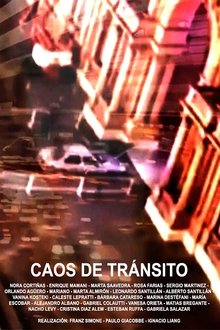
Caos de tránsito (2018)
Through testimonies and images, the crude reality of human rights in Argentina in democracy is portrayed and the role of the hegemonic means of communication to make causes and protests invisible ...

Four Years of Night (2013)
For four years (1977-1981) Esaias Baitel documented a violent Parisian neo-Nazi gang. Having gained their trust, he was able to get close to them. Living among the gang members, he witnessed horrific events, and while hiding his real identity, he photographed a one-of-a-kind collection of gripping stills. Over thirty years have passed. Esaias Baitel has laid his camera down. He returns to the dark nights he spent in the City of Lights, the city where he lived a double life, going back and forth from the gang to the young family he had just started.
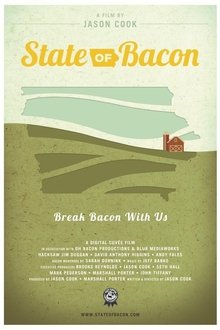
State of Bacon (2014)
State of Bacon tells the kinda real but mostly fake tale of an oddball group of characters leading up to the annual Blue Ribbon Bacon Festival. Bacon-enthusiasts, Governor Branstad, a bacon queen, Hacksaw Jim Duggan, members of PETA, and an envoy of Icelanders are not excluded from this bacon party and during the course of the film become intertwined with the organizers of the festival to show that bacon diplomacy is not dead.
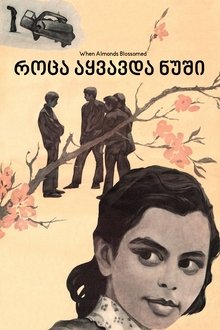
When Almonds Blossomed (1973)
Zura, a son of a rich businessman, steals a car of his father’s friend to amuse his classmates. When informed about it, the school principal discards him from the bike tournament. Nevertheless, Zura’s father manages to persuade her to allow his son to participate and even succeeds in bribing his championship. Zura’s classmates know that he became a champion undeservedly but can’t do anything about it. Only Khatuna, his alleged girlfriend, and Lexo, Zura’s friend, dare to protest against it. Their lack of loyalty enrages Zura and in the rush of the blood he crashes his father’s car. The accident takes Laxo’s life. Zura’s father does his best to save his son from deserved punishment but the first one against his decision is Zura himself.

Uppity: The Willy T. Ribbs Story (2020)
An in-depth profile of the life and career of Willy T. Ribbs - the controversial Black driver who shattered the color barrier of professional auto-racing and became the first Black qualifier in the storied history of the Indy 500.
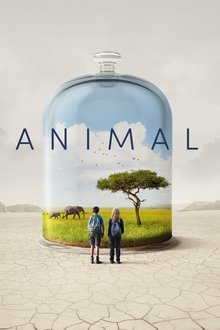
Animal (2021)
16-year-old Bella and Vipulan are part of a generation convinced its very future is in danger. Between climate change and the 6th mass extinction of wildlife, their world could well be inhabitable 50 years from now. They have sounded the alarm over and over, but nothing has really changed. So they’ve decided to tackle the root of the problem: our relationship with the living world. Over the course of an extraordinary journey, they come to realize just how deeply humans are tied to all other living species. And that by saving them… we’re also saving ourselves. Humans thought they could distance themselves from nature, but humans are part and parcel of nature. For man is, after all, an Animal.
